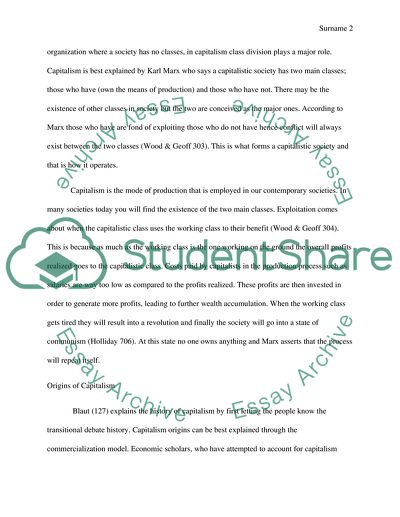Cite this document
(“How Capitalism Works in Different Scenarios Coursework”, n.d.)
How Capitalism Works in Different Scenarios Coursework. Retrieved from https://studentshare.org/social-science/1771132-the-rise-of-capitalism
How Capitalism Works in Different Scenarios Coursework. Retrieved from https://studentshare.org/social-science/1771132-the-rise-of-capitalism
(How Capitalism Works in Different Scenarios Coursework)
How Capitalism Works in Different Scenarios Coursework. https://studentshare.org/social-science/1771132-the-rise-of-capitalism.
How Capitalism Works in Different Scenarios Coursework. https://studentshare.org/social-science/1771132-the-rise-of-capitalism.
“How Capitalism Works in Different Scenarios Coursework”, n.d. https://studentshare.org/social-science/1771132-the-rise-of-capitalism.


